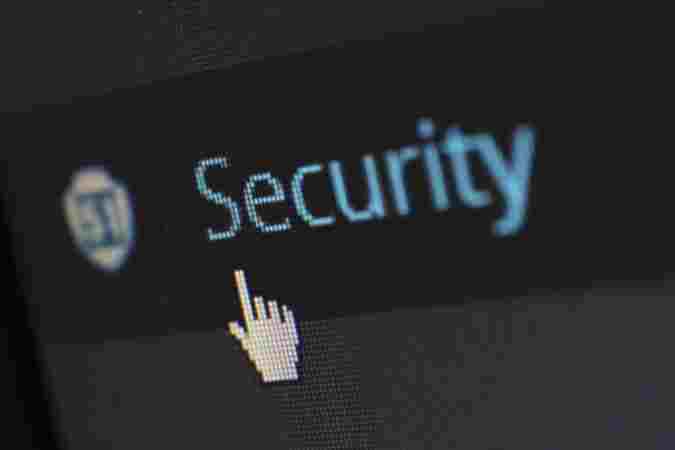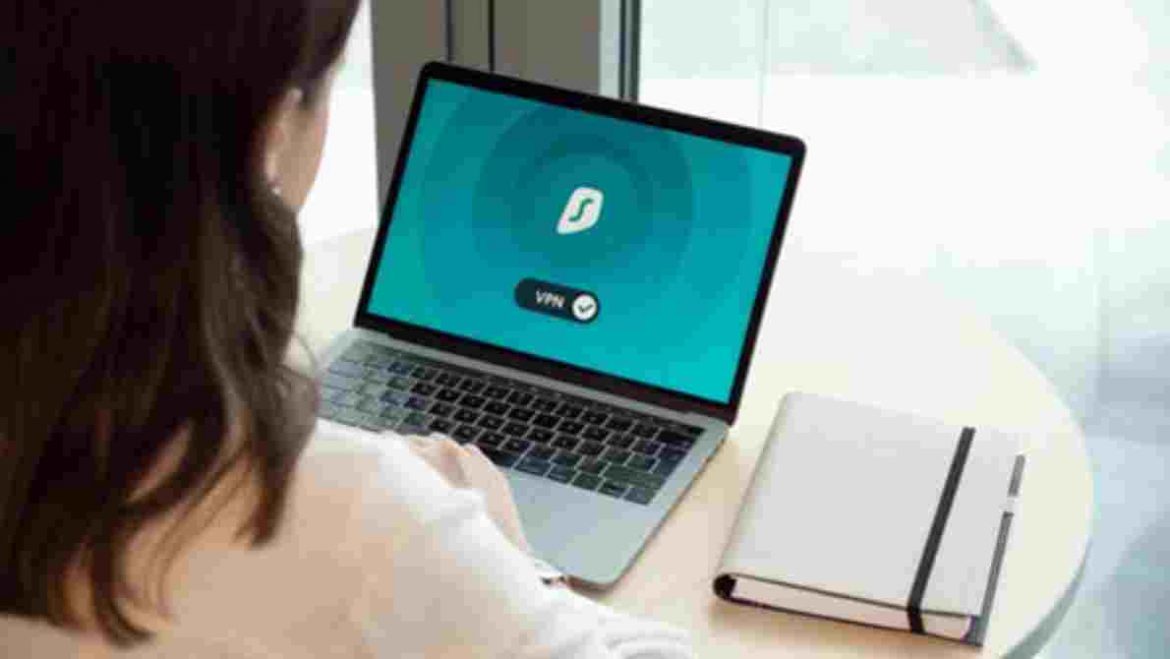Cyber crime poses a growing threat to everyone in your family – even your children are vulnerable to having their identities stolen or to being spied on through your family’s smart home devices. The very security of your home is at risk. Hackers can break into your network and devices in order to steal your personal data, learn your routines to prepare for a robbery, watch your online traffic to steal your financial data, and more.
You need to take steps to keep your home and family safe. Home security software is vital, but it’s not the only answer. You and your family need to be savvy about the threats you’re facing, and knowledgeable about how you can protect yourselves. Be careful with your data, keep your guard up on public wifi, and use a VPN to encrypt your traffic so you can’t be watched.
Table of Contents
Secure Your Home Network
Your home wifi network is one of the biggest areas of vulnerability for most families. People do all kinds of things that make their home networks more vulnerable. For example, they never adjust the default login credentials and settings on their home routers, making it easier for hackers to get in. They often have a lot of internet of things (IoT) devices that don’t have great security protocols. They may simply set a new password for their wireless network and think they’ve done all they need to do to secure that network.
That simply isn’t the case. You need to do more. Start by securing your router or gateway. Find its IP address, then login using the default username and password for the device. It’s probably printed on a sticker on the bottom of the device, but if it isn’t, you can easily find it with a google search. Change your router’s login credentials and make sure it’s set to use WPA3 encryption protocol. If it doesn’t have WPA3 as an option, get a new router.
You also want to make sure you and your family members are using comprehensive internet security software. Security software can protect your family from ransomware, malware, and viruses. They can protect your family’s privacy, offer an additional layer of security for online transactions, protect your kids from online threats, and help the whole family avoid scams and fraud.
Teach Your Family about Cyber Security
You can’t count on the other members of your household to just know the basics of cyber security. Even your kids, who are growing up as digital natives, probably don’t know that much about the basics of cyber security. Take the time to teach your kids how to use strong passwords, avoid phishing scams, and beware of predators online. You should also teach them about keeping private information private on social media, including not divulging the family’s routine or plans to go out of town to strangers or social media followers.

Be Careful with Your Data
Everyone in your family needs to be careful with their personal data, including Social Security numbers, birthdays, potential answers to security questions, credit card numbers, and bank account numbers. Kids should consult with parents or other elders before buying anything online, not just so you can monitor their purchases, but also so you can make sure that when they do order online, they’re shopping from a reputable website.
To make sure your data and that of your kids hasn’t been stolen, pull everyone’s credit reports regularly. You’re entitled to one free credit report from each of the three major reporting bureaus, Experian, TransUnion, and Equifax, and you can spread them out over the course of the year so you can continuously monitor your credit report. Many banks and credit card companies also offer credit monitoring services to their customers.
Use a VPN
If you’re really worried about hackers potentially watching your family’s online activities, you should use a virtual private network (VPN). A VPN encrypts your traffic so it’s harder for hackers to watch your traffic and harvest valuable info from it. If you or your family do shopping, texting, emailing, or social media over public wifi connections, a VPN is a must so you can protect that traffic from prying eyes – when you get back to your secure home connection, then you take a break from the VPN, if you want to.
Your family could be more vulnerable to cyber crime than you realize. Take steps now to protect your whole family, adults and children, from cyber crime and its consequences – so you can all sleep a little easier at night.


